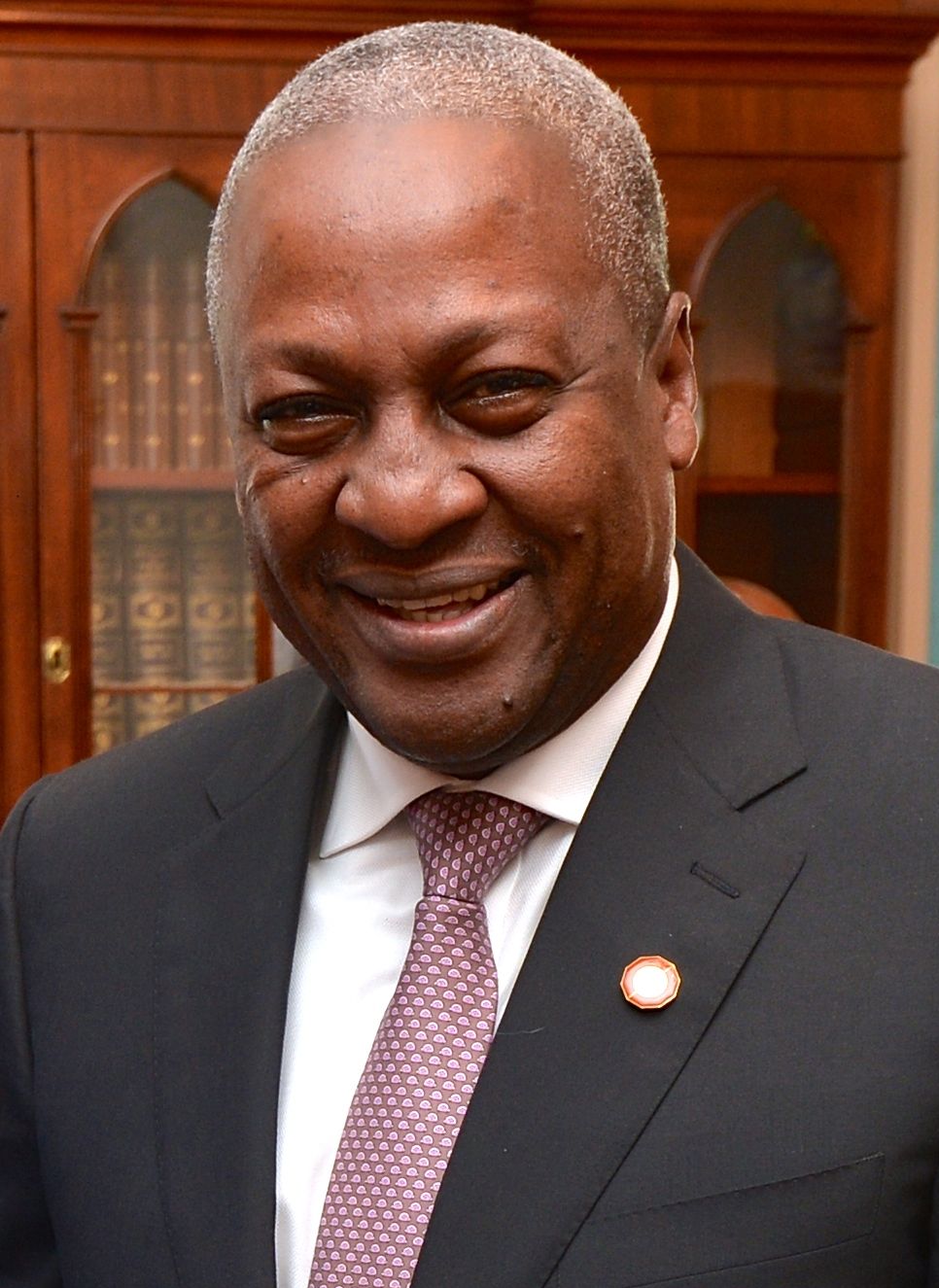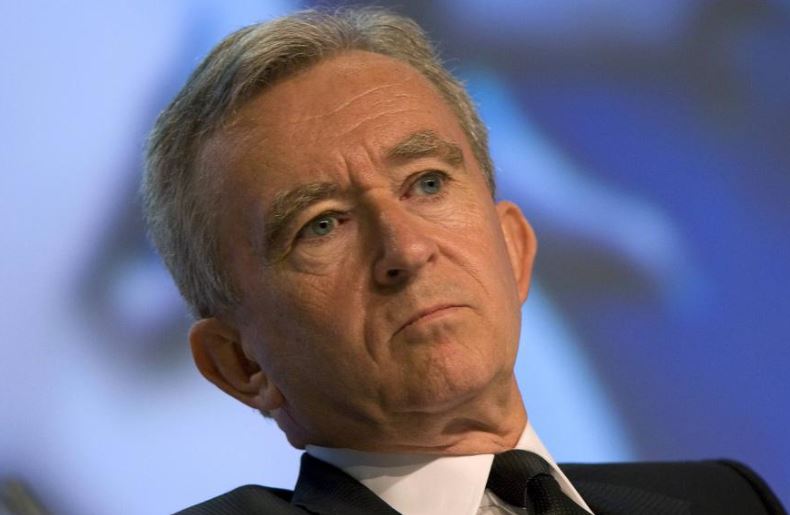Ghana’s opposition candidate John Mahama on Thursday rejected as “fraudulent” the results of the country’s presidential and parliamentary elec
Ghana’s opposition candidate John Mahama on Thursday rejected as “fraudulent” the results of the country’s presidential and parliamentary elections in which President Nana Akufo-Addo won a second term.
Challenging election results could test the stability of the West African nation, where previous electoral grievances have been pursued through the courts.
A day earlier, the electoral commission said that Akufo-Addo had won 51.59 percent of the vote on Monday, ahead of Mahama with 47.36 percent. But Mahama rejected those numbers.
“I stand before you tonight unwilling to accept the fictionalised results of a flawed election. We will take all legitimate steps to reverse this tragedy of justice,” he told a news conference.
The 62-year-old claimed that “numerous steps have been taken to manipulate the results of the election in favour of the incumbent.”
The tightly contested race has led to tensions between the two main parties, with the opposition candidate accusing the president of abuse of power.
“Armed forces featured heavily as an intimidating measure to reverse election results,” Mahama said and called on the international community “to remain engaged in what is happening in Ghana and to take careful note of the current threat that is being waged to our democracy.”
According to the provisional results published by the electoral commission, Akufo-Addo’s New Patriotic Party won 137 seats in parliament, while Mahama’s National Democratic Congress won 136.
The full results of the parliamentary elections have not yet been announced but the opposition leader said his party had in fact won 140 seats.
It is not uncommon for presidential candidates to contest results.
Mahama and Akufo-Addo are long-standing rivals and this was their third election battle.
In 2012, it was Akufo-Addo who contested Mahama’s win.
In a victory speech to supporters Wednesday, the 76-year-old president-elect said it was time “irrespective of political affiliations, to unite, join hands and stand shoulder to shoulder.”
“The Ghanaian people through the results have made it loud and clear that the two parties, the NPP and NDC, must work together especially in parliament, for the good of the country.”
Observers, both Ghanaian and foreign, viewed polling as generally free and fair, but police said five people were killed and 19 injured in election-related violence.
Akufo-Addo and Mahama had signed a symbolic peace pact ahead of the vote, which the 15-nation regional bloc ECOWAS urged “all political parties and their leadership to respect.”
Ghana has recorded high levels of growth during Akufo-Addo’s first term as he worked to diversify an economy largely dependent on cocoa exports and more recently oil and gold.
On education in particular, he is considered to have done well, which matters in a country where 18- to 35-year-olds account for more than half of all eligible voters.
But while Ghana has made large strides in recent years, many still live in extreme poverty, with scarce access to clean water or electricity.
Severely hit by the pandemic, growth in the nation of 30 million people is expected to fall this year to its lowest in three decades.
The International Monetary Fund is pencilling in growth of 0.9 percent for the country, down sharply from 6.5 percent growth in 2019.
An urgent task for the next government will be to limit mounting debt and control rising inflation.


